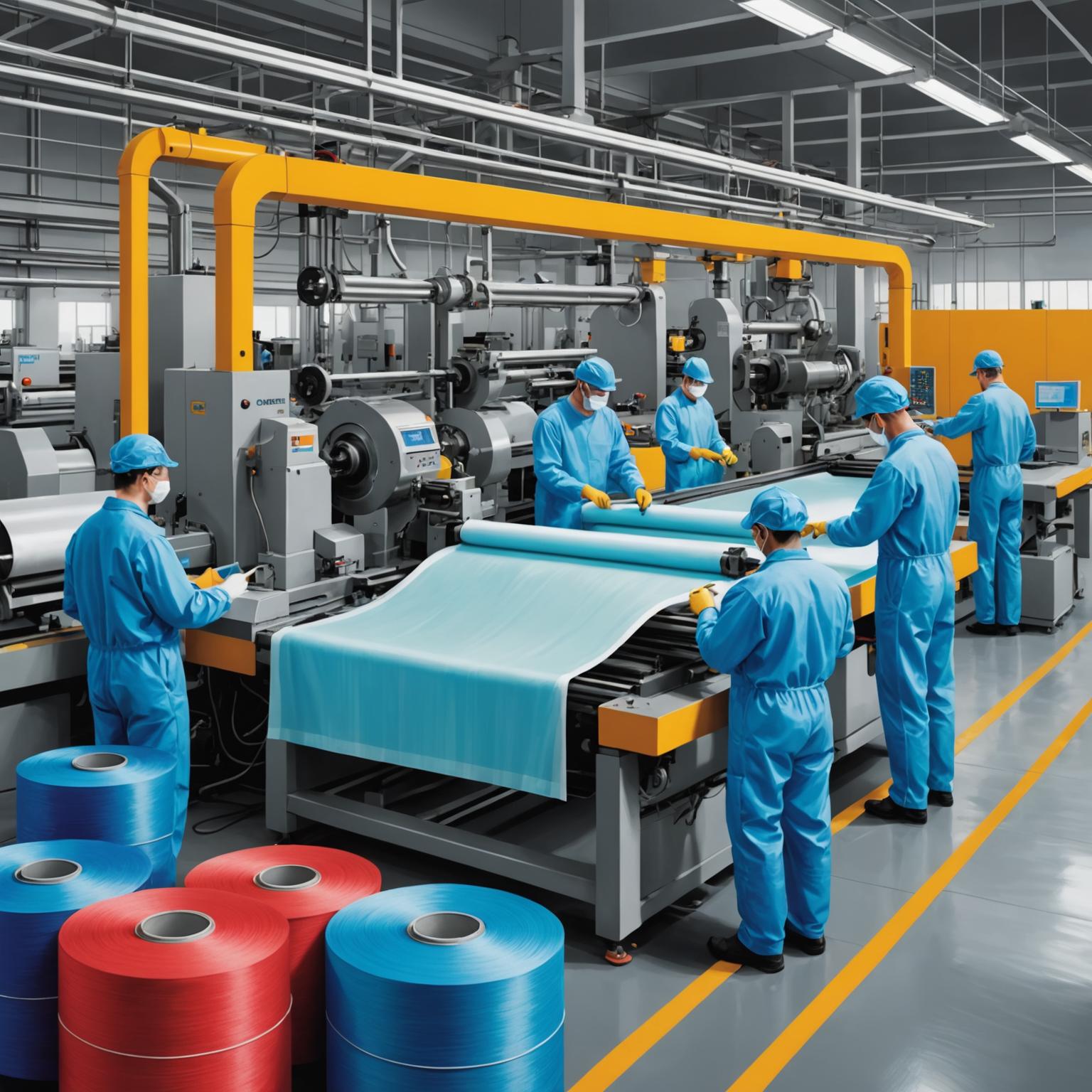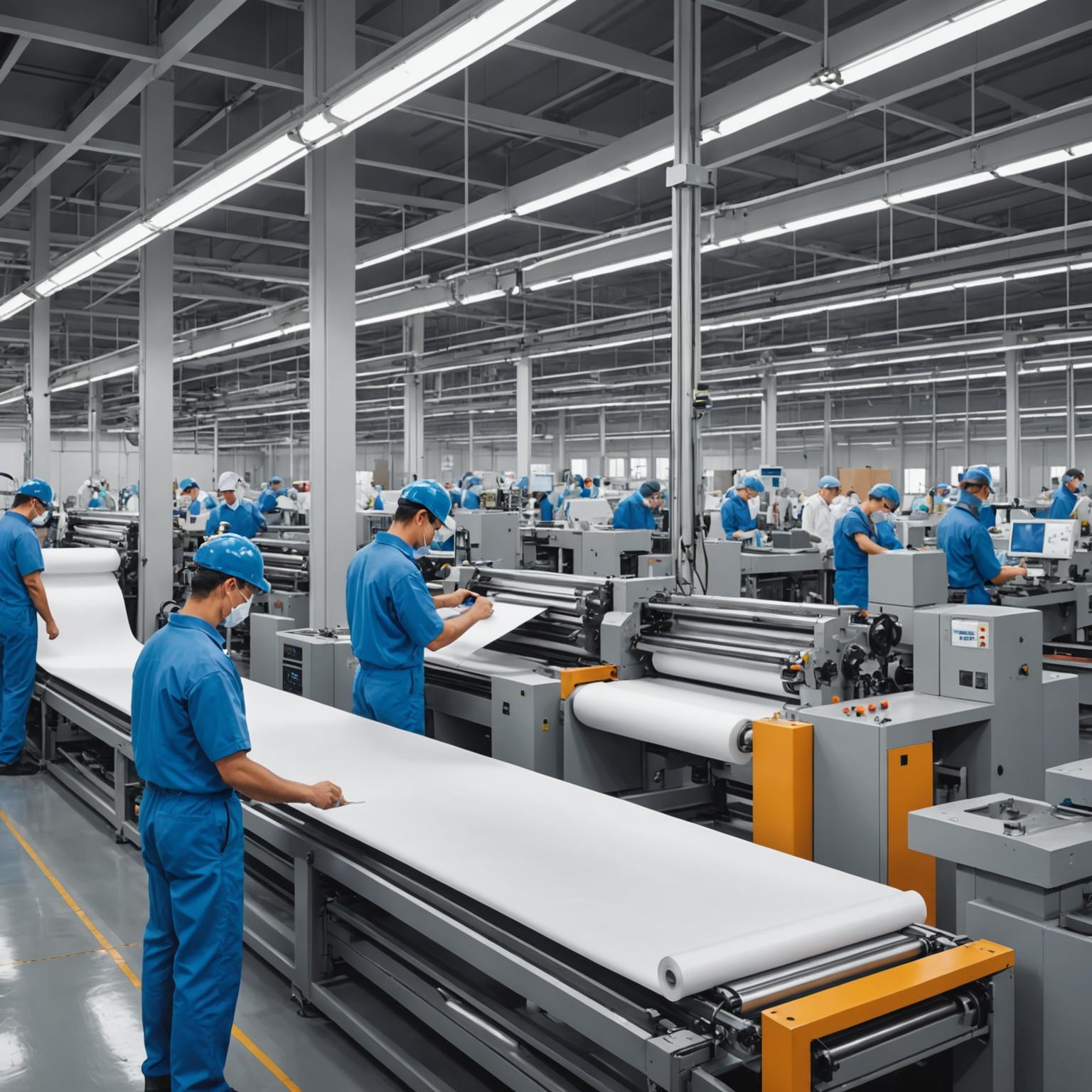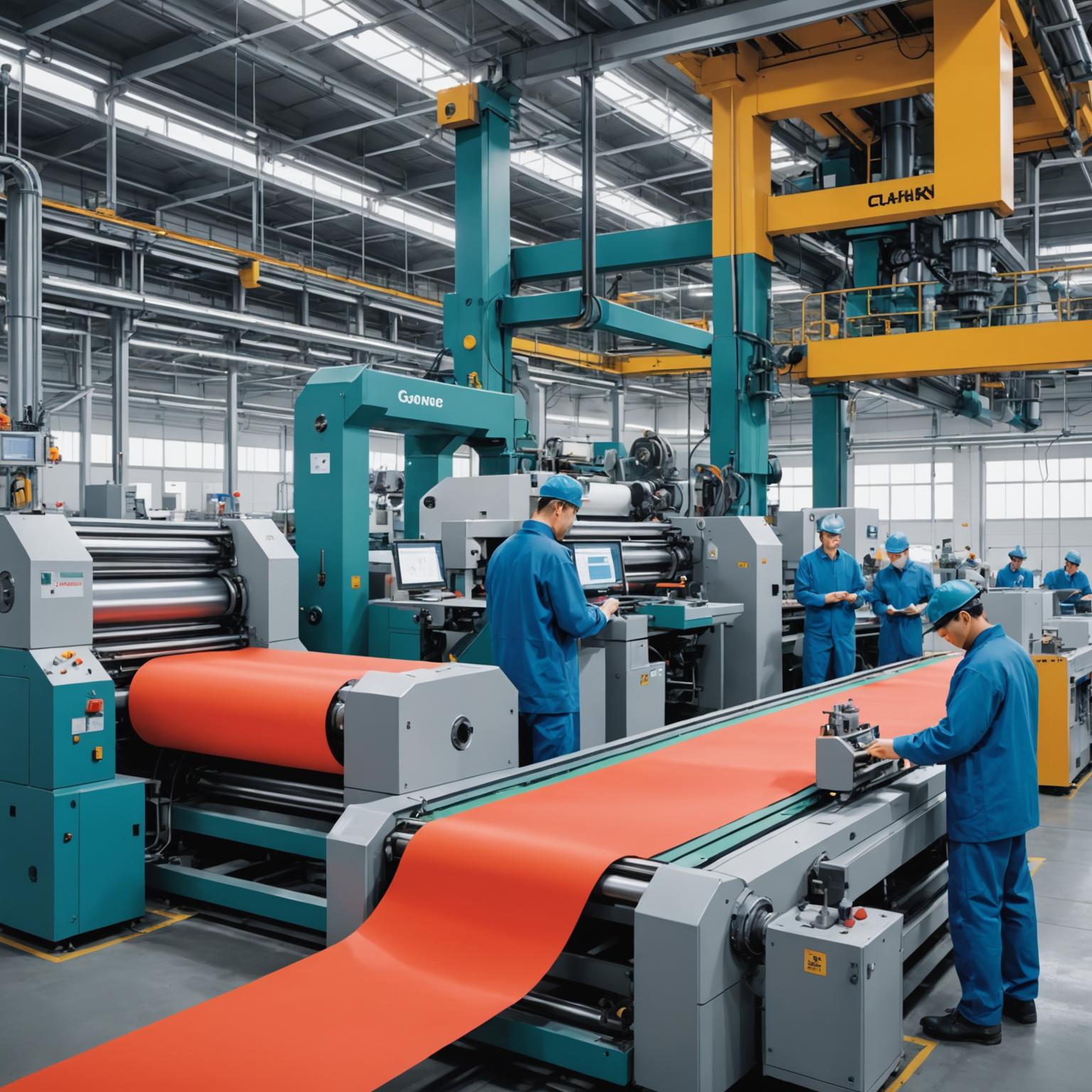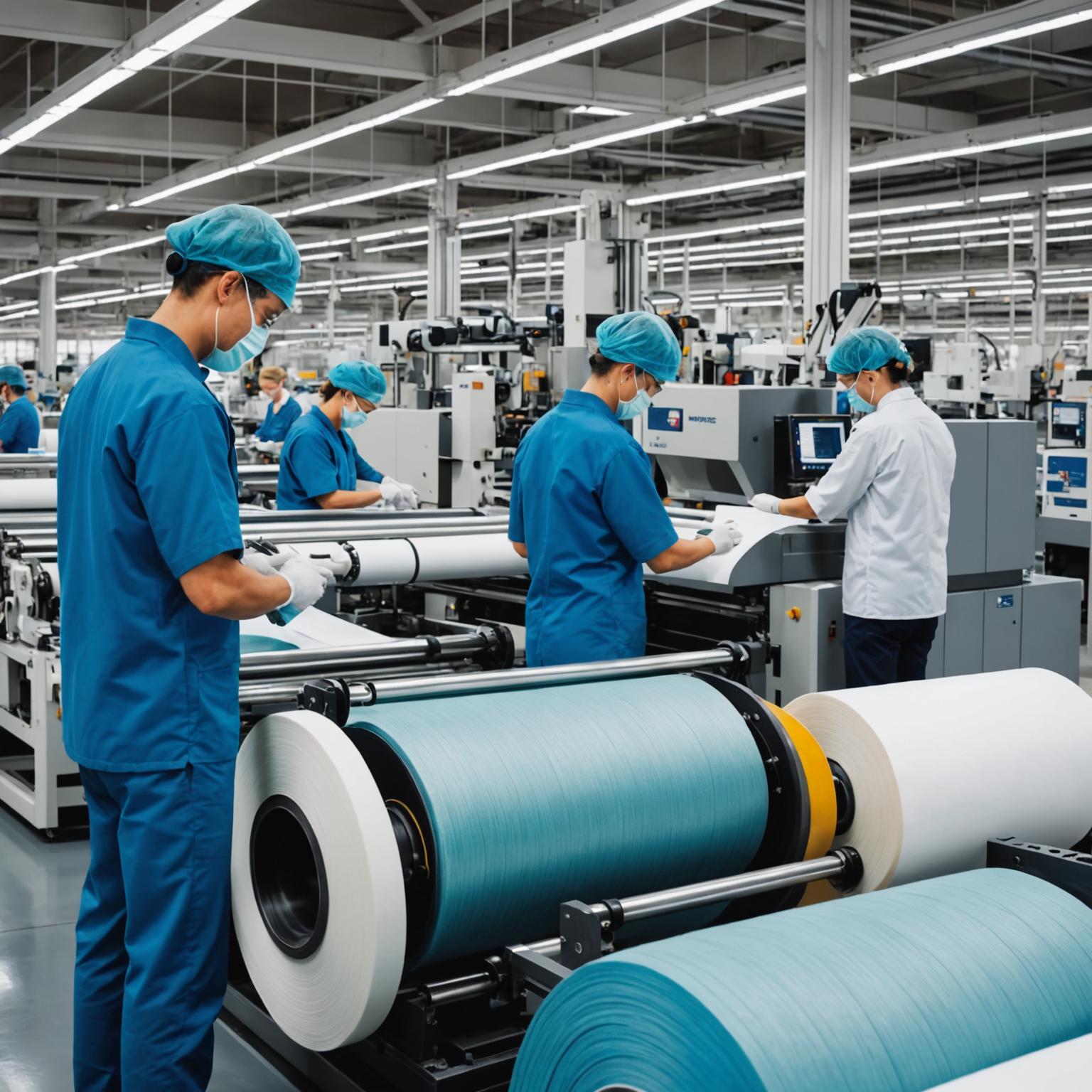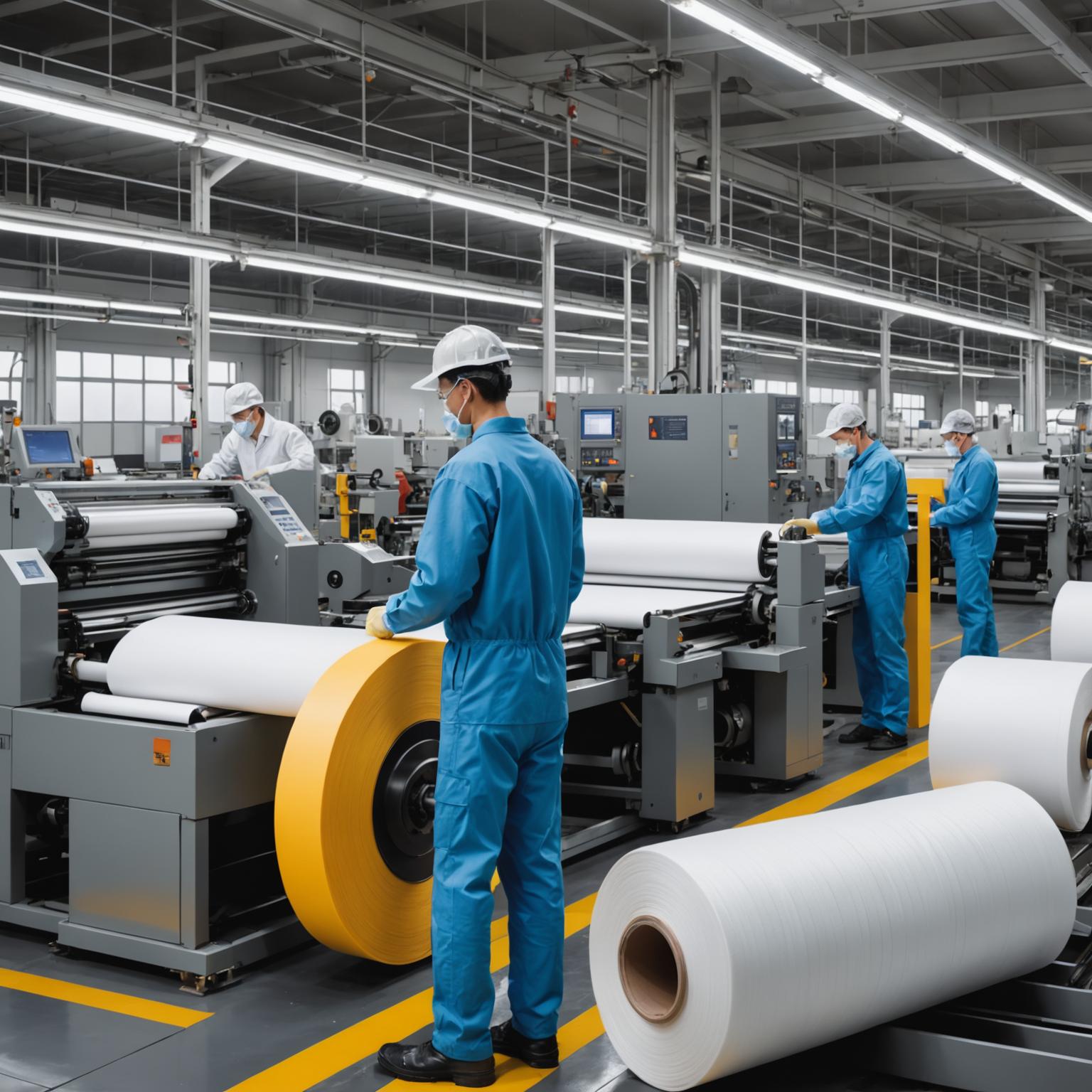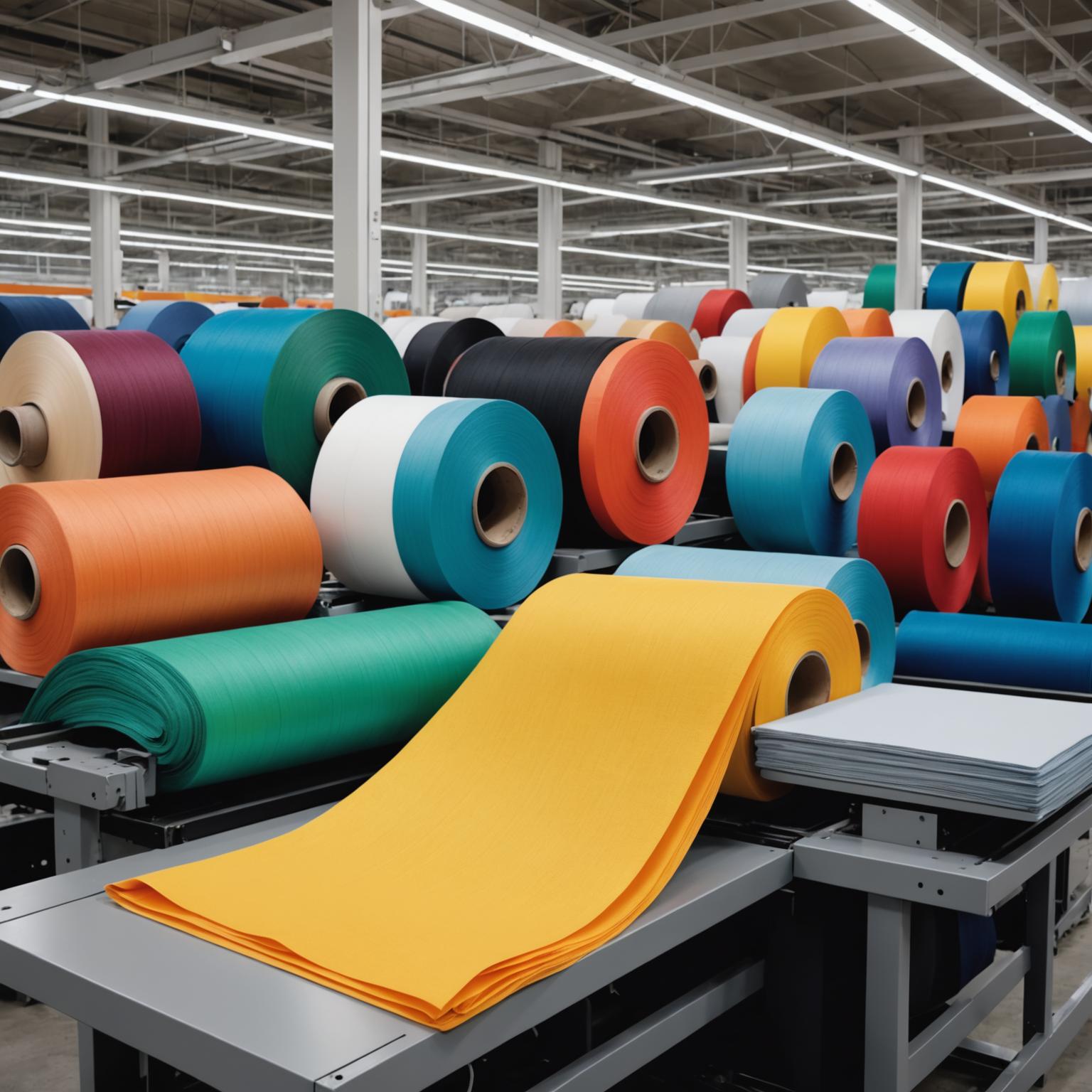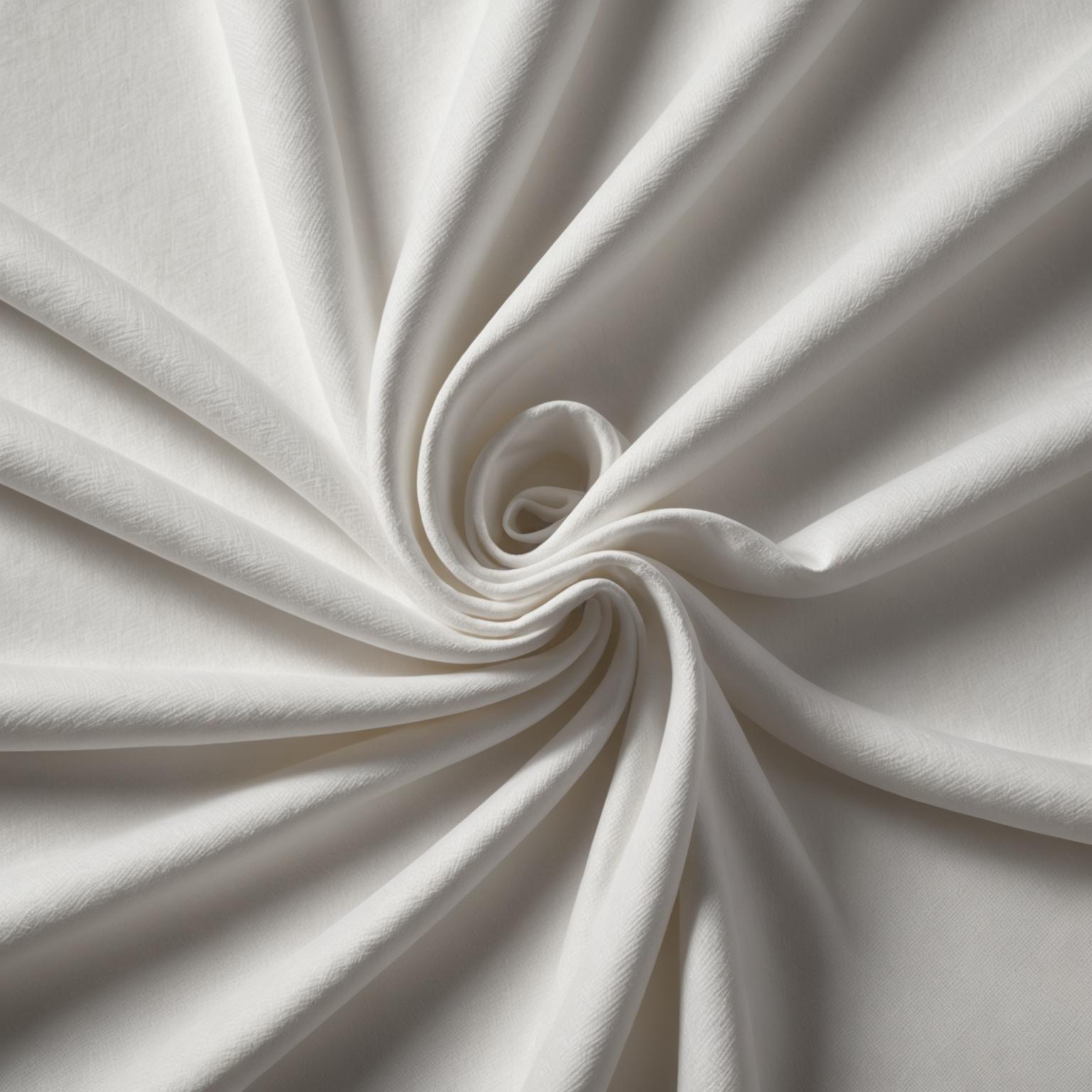
The Innovation Behind Non-Woven Fabric Manufacturing
The process of non-woven fabric manufacturing is fundamentally different from traditional weaving or knitting. Instead of interlacing yarns, individual fibers are laid out and then bonded together using thermal, chemical, or mechanical methods. When working with a synthetic non-woven fabric like nylon, this process allows manufacturers to engineer materials with highly specific characteristics. This advanced textile technology can produce fabrics that are lightweight, breathable, and exceptionally strong. The fibers can be finely spun to create a soft, lustrous texture or uniquely crimped to enhance loft and insulation, demonstrating the precision and control offered by modern manufacturing techniques.
Unmatched Durability and Performance
One of the most sought-after qualities in textiles is durability, and this is where nylon-based materials excel. As one of the most durable non-woven materials available, nylon non-woven fabric offers remarkable resistance to abrasion, tearing, and chemical exposure. This inherent toughness does not come at the expense of comfort. These fabrics can be engineered to be incredibly soft to the touch, highly absorbent for cleaning applications, or possess excellent moisture-wicking properties for use in performance apparel. This combination of gentle yet robust character makes nylon a preferred choice for products that demand both reliability and a superior feel.
A Spectrum of Nylon Fabric Applications
The versatility of nylon non-wovens leads to a vast array of nylon fabric applications across numerous industries. In the consumer market, they are used to create high-performance cleaning wipes, household rolls, and hygiene products due to their absorbency and strength. In the medical field, their barrier properties and sterility make them ideal for surgical masks, gowns, and sterile wraps. The fashion and apparel industries utilize them for interlinings, athletic wear, and intimate apparel, leveraging their lightweight feel and moisture-management capabilities. Furthermore, they are used in home goods like plush bedding and even for filtration media in industrial settings, showcasing the material's incredible adaptability.
Choosing the Right Non-Woven Fabric Suppliers
With the growing demand for these advanced textiles, finding reliable non-woven fabric suppliers is crucial for businesses. When evaluating a supplier, it is important to look beyond cost and consider the quality and consistency of their products. Premier suppliers invest in research and development, offering innovative solutions like fabrics with unique textures or enhanced performance features. Furthermore, many leading manufacturers are committed to sustainable and eco-friendly processes that minimize waste and resource consumption. A good supplier can work as a partner, providing materials that meet precise specifications and help bring a high-quality end product to market.



